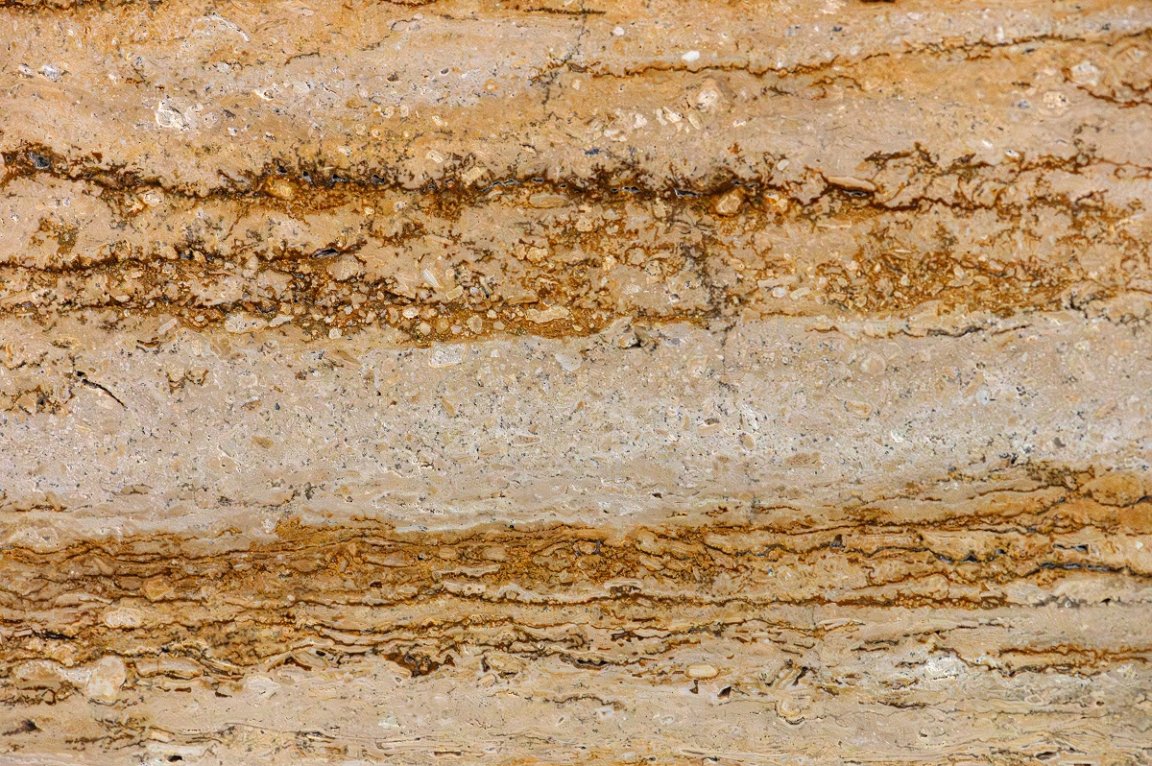
Dirty Mess
Microplastics! They’re in everything, from our bodies to the ocean.
And apparently they’re even found in sediment layers that date back as early as the first half of the 1700s, showing microplastics’ pernicious ability to infiltrate even environments untouched by modern humans.
A team of European researchers made this alarming discovery after studying the sediment layers at three lakes in Latvia, as detailed in a study published in the journal Science Advances.
The scientists were studying lake sediment to test if the presence of microplastics in geological layers would be a reliable indicator for the beginning of the Anthropocene Epoch, defined in the study as starting in 1950 and meant to delineate when humans started having a large impact on our environment.
Scientists have long used layers of ash or ice to study past events on Earth, leading to the question of whether microplastics can serve as a reliable chronological marker for the Anthropocene.
Clearly not, according to this new research, which found microplastics in every layer of sediment they dredged up, including one from 1733.
“We conclude that interpretation of microplastics distribution in the studied sediment profiles is ambiguous and does not strictly indicate the beginning of the Anthropocene Epoch,” the scientists wrote.
Trash Planet
Other than the study concluding that microplastics are a poor marker of geological age, it also shows microplastics’ remarkable ability to get absolutely everywhere.
Not even Antartica, the most remote region on our planet, is immune. Scientists have found microplastics in several snow samples, having seemingly arrived there by the wind.
Perhaps most alarmingly, scientists have even found microplastics inside our organs, with researchers only starting to grapple with their deleterious impact.
Going forward, one of the biggest challenges we face is how we get rid of microplastics from our environment. Researchers are beginning to look at novel approaches ranging from planting birch trees in polluted soil to water filters.
Judging from the ubiquity of microplastics and our ongoing addiction to plastic products, one thing’s for sure: it won’t be easy.
More on microplastics: Bottled Water Industry Says Please Disregard This Horrifying Discovery About Our Product